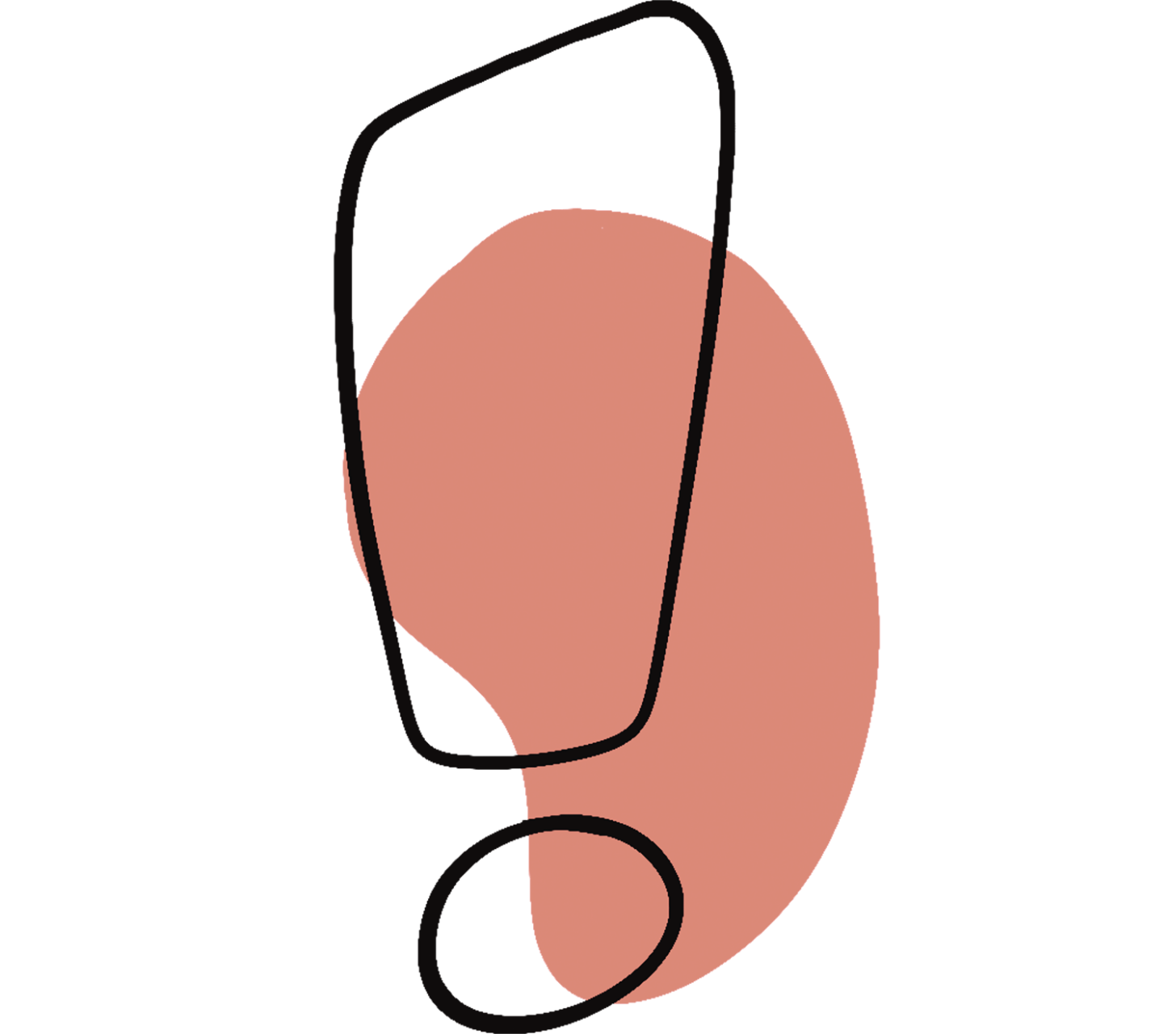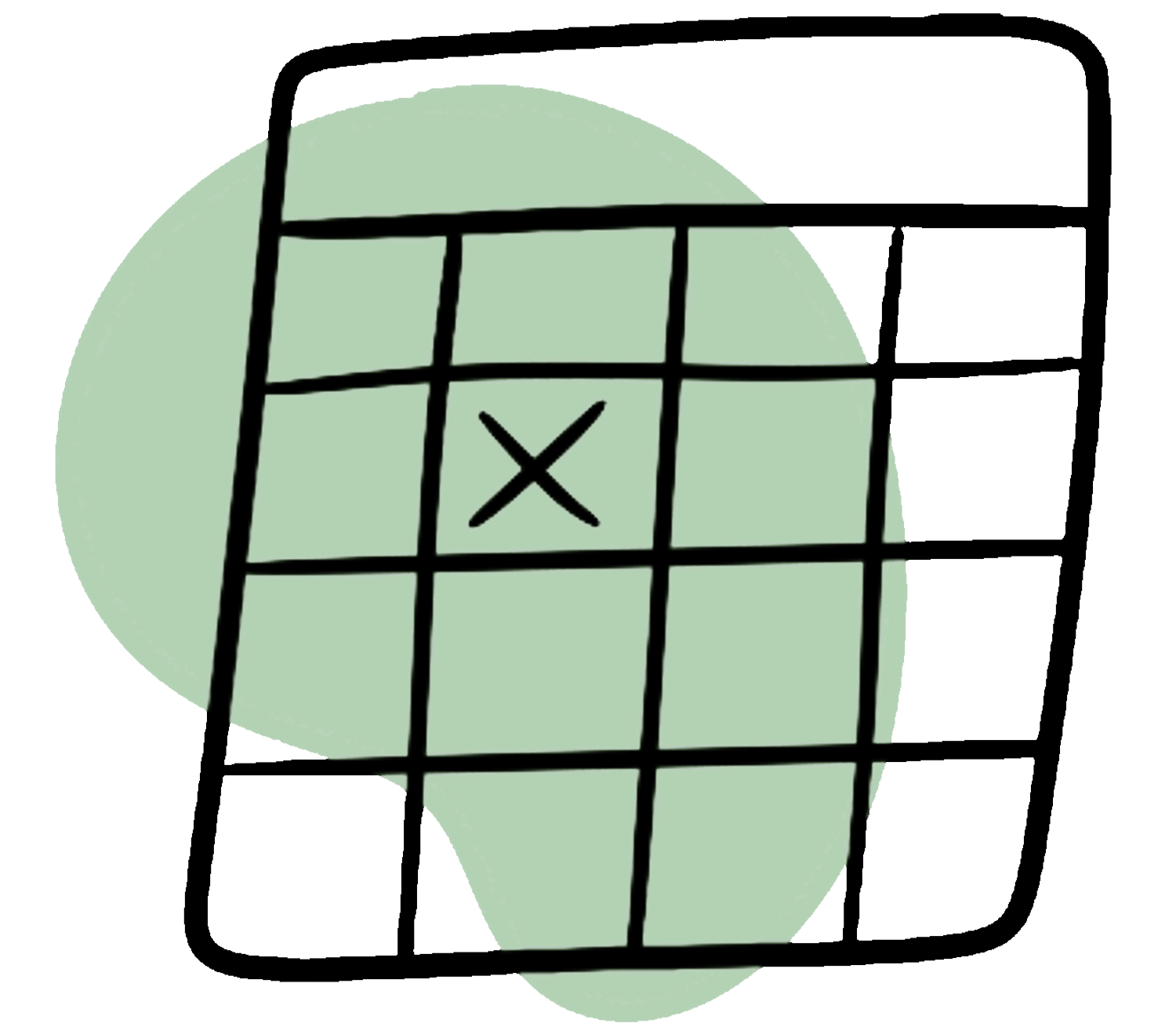- Determine your submission deadline and plan backwards from there.
- Create a list of tasks that need to be completed for the entire thesis.
- From this list, select upcoming tasks and break them down into smaller steps. Plan when each individual step is next and how long it will take.
- Schedule interim dates for individual work steps and writing phases and complete them consciously. These are your milestones, e.g. outline completed, draft finished.
- Plan each step specifically and realistically and reserve buffer times.
- Also consider other commitments such as exams, family, friends, leisure, work etc.
- Check your overall plan regularly and adjust it if necessary.
- Acknowledge what you have already accomplished.
Organize the individual work steps into a timeline and set milestones. Here is an example of a plan for a thesis over 12 weeks:
| Week 1 | Topic agreed, initial literature research |
| Week 2 | Literature research |
| Week 3 | Meeting with supervisor regarding literature, narrowing down topic |
| Week 4 | Reading and extracting main ideas |
| Week 5 | Organize materials, write an outline, meeting with supervisor regarding outline |
| Week 6 | Writing |
| Week 7 | Buffer |
| Week 8 | Writing, send draft to supervisor |
| Week 9 | Meeting with supervisor regarding text feedback, revising |
| Week 10 | Further revisions |
| Week 11 | Proofreading, layout |
| Week 12 | Print, corrections, submission |

Make a plan for an entire month, roughly noting your weekly tasks. You can keep this list analog or digital, e.g. in Excel or a calendar of your choice.
Example:
- Week 1 – Tasks: Narrow down thesis topic, develop research question.
- Week 2 – Tasks: Research literature, select sources, obtain materials.
- Week 3 – Tasks: Create preliminary outline, consult with supervisor.
- Week 4 – Tasks: Work on literature, write introduction.

| Weekly Planner: Week 1 | Time: |
| Monday: Research topic | 10 a.m.–12 p.m. & 4–6 p.m. |
| Tuesday: Narrow down topic | 9 a.m.–1 p.m. |
| Wednesday: Lectures | All day |
| Thursday: Develop research question | 10 a.m.–1 p.m. |
| Friday: Lectures | 9 a.m.–1 p.m. |
| Saturday: Read and extract ideas from selected texts | 2–5 p.m. |
| Sunday: Free! | All day |
| Notes: Don’t forget sport on Thursday! |
Especially for tasks that do not produce visible results straightaway, the Pomodoro Technique can help you visualize small progress and supports your:
- Time management
- Concentration
- Self-organization
How do I create a good schedule?
The writing process is very individual: Distribute the tasks in your schedule and always include a buffer period.
How can the Pomodoro Technique help me?
This method of tricking yourself with virtual rewards is surprisingly effective: the Pomodoro Technique can help improve your concentration.
This article was published in August 2025 and last updated in February 2025.








